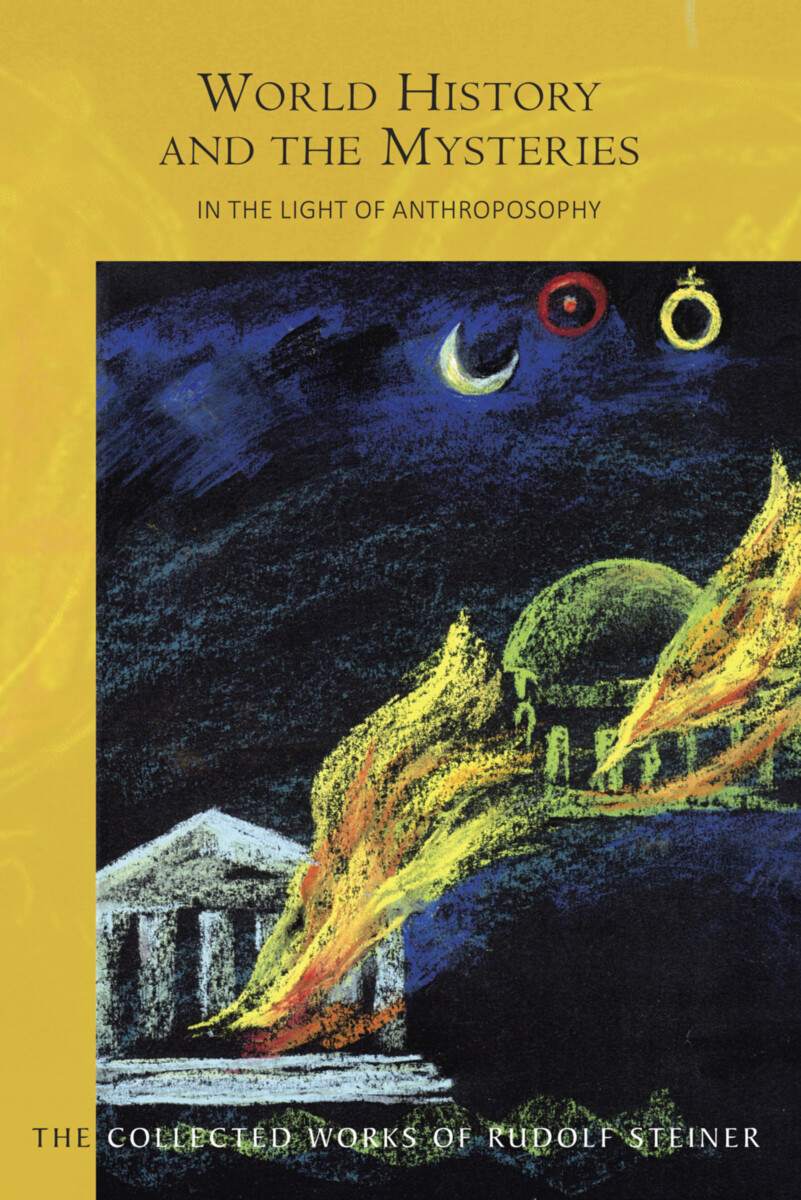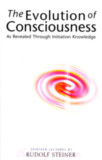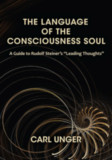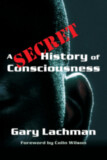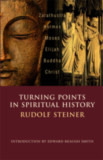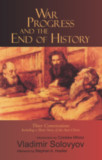World History and the Mysteries
In the Light of Anthroposophy (CW 233)
Introduction by Frederick Amrine
Translated by Mary Adams, George Adams and Dorothy S. Osmond
- Publisher
Rudolf Steiner Press - Published
15th July 2021 - ISBN 9781855845886
- Language English
- Pages 230 pp.
- Size 6" x 9"
9 lectures, Dornach, Dec. 23, 1923 – Jan. 1, 1924 (CW 233)
In this landmark series of lectures, Rudolf Steiner challenges the notion that human consciousness has in essence remained the same throughout history. On the contrary, we can only see the past in its true light when we study the differences in human souls during the various historical eras. Consciousness, he says, evolves constantly and we can only comprehend the present by understanding its origin in the past.
Delivered in the evenings during the course of the “mystery act” of The Christmas Foundation Meeting—when Rudolf Steiner reestablished the Anthroposophical Society and for the first time assumed a formal role within it—these lectures study world history in parallel with the ancient mysteries of initiation, showing how they are intimately linked. Steiner describes consciousness in the ancient East and follows the initiation principle from Babylonia to Greece and its influences on present-day spiritual life. He also discusses Gilgamesh and Eabani, the mysteries of Ephesus and Hibernia, and the occult relationship between the destruction by fire of the Temple of Artemis and the burning of the first Goetheanum in Dornach, Switzerland.
Published for the first time with color plates of Steiner’s blackboard drawings, the freshly revised text is complemented with an introduction, notes, and appendices by Professor Frederick Amrine, plus an index.
This volume is a translation from German of Die Weltgeschichte in anthroposophischer Beleuchtung und als Grundlage der Erkenntnis des Menschengeistes (GA 233). A prevous edition of these lectures was published as World History in the Light of Anthroposophy (1977).
C O N T E N T S:
Introduction by Frederick Amrine
1. Dornach, Dec. 24, 1923
The development of memory in the course of human evolution
2. Dornach, Dec. 25, 1923
Ancient oriental experience of the world
3. Dornach, Dec. 26, 1923
Gilgamesh and Eabani—The Mysteries of Ephesus
4. Dornach, Dec. 27, 1923
The Hibernian Mysteries and the Mysteries of the Logos of Artemis at Ephesus
5. Dornach, Dec. 28, 1923
The conception of nature and spirit in nature of the oriental mysteries and its shadow image in the Greek civilization
6. Dornach, Dec. 29, 1923
The time between the burning of the Temple of Artemis and the death of Julian the Apostate—the working of Aristotelianism up to the spiritual revelations in the last third of the nineteenth century
7. Dornach, Dec. 30, 1923
The losing of insight into the relationships between humans and the universe in modern times
8. Dornach, Dec. 31, 1923
The jealousy of the gods and human jealousy—the burning of the Temple of Artemis and the burning of the Goetheanum
9. Dornach, Jan. 1, 1924
The right entry into the spiritual world—the responsibility incumbent on us
APPENDICES:
1. The evolution of consciousness
2. Representation
3. The hierarchies
4. Cosmic evolution
5. The etheric and the astral bodies
6. Ahriman and Lucifer
7. Ita Wegman
Notes
Rudolf Steiner’s Collected Works
Significant Events in the Life of Rudolf Steiner
Index
Rudolf Steiner
Rudolf Steiner (b. Rudolf Joseph Lorenz Steiner, 1861–1925) was born in the small village of Kraljevec, Austro-Hungarian Empire (now in Croatia), where he grew up. As a young man, he lived in Weimar and Berlin, where he became a well-published scientific, literary, and philosophical scholar, known especially for his work with Goethe’s scientific writings. Steiner termed his spiritual philosophy anthroposophy, meaning “wisdom of the human being.” As an exceptionally developed seer, he based his work on direct knowledge and perception of spiritual dimensions. He initiated a modern, universal “spiritual science” that is accessible to anyone willing to exercise clear and unbiased thinking. From his spiritual investigations, Steiner provided suggestions for the renewal of numerous activities, including education (general and for special needs), agriculture, medicine, economics, architecture, science, philosophy, Christianity, and the arts. There are currently thousands of schools, clinics, farms, and initiatives in other fields that involve practical work based on the principles Steiner developed. His many published works feature his research into the spiritual nature of human beings, the evolution of the world and humanity, and methods for personal development. He wrote some thirty books and delivered more than six thousand lectures throughout much of Europe. In 1924, Steiner founded the General Anthroposophical Society, which today has branches around the world.


